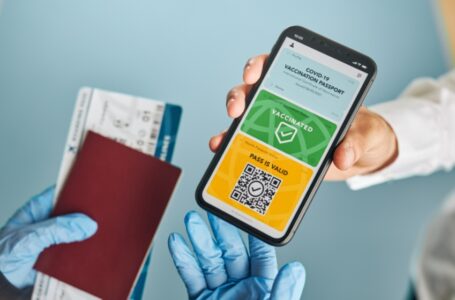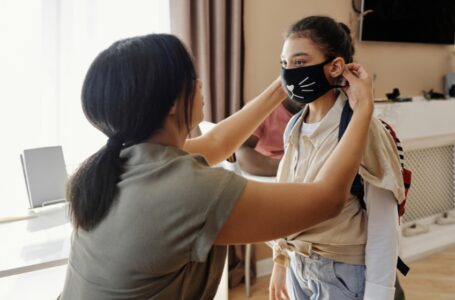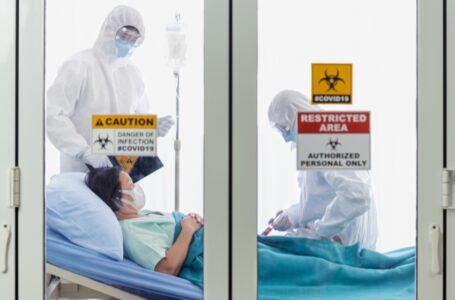Questions about Covid-19 vaccines answered.
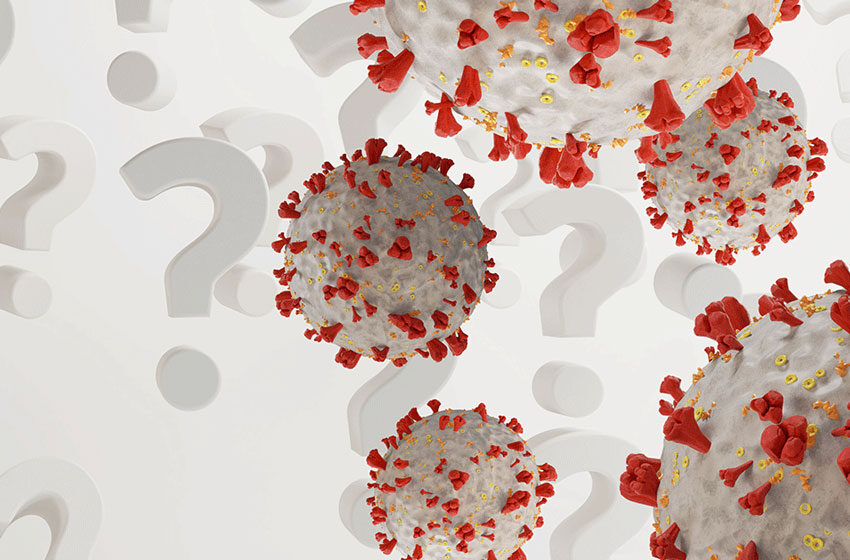
Questions about Covid-19 vaccines answered.
By now, most people know the measures and precautions we should follow to protect ourselves from Covid 19, including vaccination. However, if you still have questions, continue reading…
Should you delay vaccination if you have had Covid-19?
According to the Australian Technical Advisory Group on Immunisation (ATAGI), you must wait at least three months to get your next vaccine dose after a confirmed Covid-19 infection. Moreover, as per the recent cases and research findings, it is possible that people may get infected with the virus more than once.
People may have different immunity levels, but vaccination still provides a strong immune response and appropriate protection against infection and serious illness. Besides, if you are vaccinated, it will help protect you from future variants; on the contrary, natural immunity only protects against the strain that people have already encountered.
The benefits of vaccinating children against Covid-19
Doctors and medical professionals suggest that children aged five and above are eligible for Covid-19 vaccination. Although the disease causes milder symptoms in children, some children end up with severe lung infections and may become very sick. They can also suffer from long Covid symptoms that potentially affect their overall health and future well-being.
Experts also suggest that, realistically, there is no need to be concerned about any risk of serious harm from the vaccine because the vaccine has much less risk than general anaesthetic or penicillin. Furthermore, children are an important part of our community; hence they must be vaccinated. They are a vulnerable part of the community and could play a significant role in reducing the spread of the virus. We must also not forget about the immunocompromised children and those below five years of age(not eligible for the vaccine); their families must do the needful to protect them.
One of the best ways to slow down the virus’s rapid spread is by vaccinating as many people as possible, including children. This will reduce the spread of Covid-19 in the community and reduce the chances of the virus mutating into new variants.
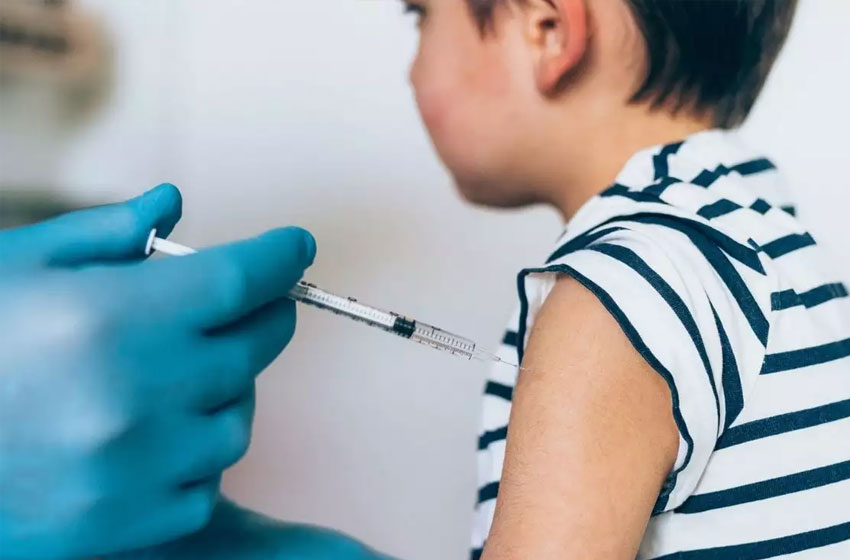
How do Covid-19 vaccines enhance the immune system?
The vaccines enable your immune system to recognise and fight the virus; therefore, if your body comes into contact with it, your immune system will tackle it quickly and effectively. As a result, the vaccine will help protect you from contracting a severe illness.
Also, you must remember that it usually takes a few weeks for the body to build immunity when you get a Covid-19 vaccine. So, naturally, in the long term, the immune cells trained to recognise Covid-19 will remain in the body, not the vaccine itself.
How do Covid-19 vaccines protect pregnant and breastfeeding women or those planning a pregnancy?
Researchers and evidence from different countries have indicated that mRNA Covid-19 vaccines, such as Pfizer and Moderna, are safe for women who are pregnant or breastfeeding. Moreover, the vaccine won’t affect the process if you are trying for a baby.
Breastfeeding mothers can protect themselves and the baby by getting vaccinated; there is enough evidence to suggest that the antibodies your body produces after vaccination can be passed to the infant through cord blood and breast milk.
In case you are pregnant and get infected with Covid-19, you are at a greater risk than someone who is not pregnant. Therefore, you must get vaccinated if you are planning for pregnancy or are pregnant. In addition, if you are pregnant and have contracted the virus, you may be at higher risk of the following:
- Double chance of requiring intensive care, including an ICU admission.
- Increased risk of needing ventilation.
- Increased risk of pre-term delivery.
You can get more information from the Australian Government’s COVID-19 vaccination – Shared decision-making guide for women who are pregnant, breastfeeding or planning a pregnancy. Also, do not forget to consult your doctor or midwife if you have any doubts or concerns regarding vaccination.
After getting two vaccine doses, is it necessary to have a third one?
According to studies and deliberate research, the immunity provided by the covid vaccines begins to weaken with time. Therefore, for most people aged 16 and above, two vaccine doses are insufficient to provide the required protection against the disease.
Thankfully, the development of the booster dose helps alleviate such concerns as it helps to make the immune system strong. At the same time, it increases the long-term protection against serious diseases caused due to Covid-19.
It is noteworthy that a booster is crucial in assuring protection against serious illness by up to ninety percent. However, compared to two doses, if you have completed the three vaccine doses, you will have sixty-five percent more protection against serious diseases or getting hospitalised.
Why should you get both Covid-19 and flu vaccines?
Covid-19 vaccines protect against the Covid virus(SARS COV-2), whereas Flu vaccines are instrumental in protecting you from influenza A and influenza B viruses. Besides, a common misconception is that Covid-19 vaccines protect against flu, which is inaccurate.
The fact is that the Covid-19 vaccination will not protect against flu, whereas the flu vaccine will not protect against Covid-19. Therefore, people must get both vaccinations accordingly.
Although the vaccines might not prevent one from contracting either one of the diseases, they will decrease the severity of the illness. Most importantly, it also reduces the chances of getting hospitalised.
Regarding Covid-19 vaccines, what measures safeguard my fertility and health?
The Therapeutic Goods Administration (TGA) regulates prescription medicines and vaccines for use in Australia; it approves safe and effective vaccines. The TGA ensures all the vaccines go through a rigorous assessment and approval process, including reviewing the vaccine’s impacts on fertility. So, naturally, it has followed the necessary measures and procedures to approve AstraZeneca, Moderna, Pfizer and Novovax.
Myocarditis and pericarditis are rare and easily treatable.
Two common cardiac health issues are myocarditis and pericarditis. The former is inflammation of the heart muscle, and the latter is the inflammation of the heart’s outer lining. Young people, such as adolescents and children aged 12 years and above who have had the COVID-19 Pfizer or Moderna vaccines, rarely have these diseases.
According to data from the USA, the rate of myocarditis or pericarditis in female adolescents aged 12–17 years was 9.1 per million doses (0.0009%), whereas, in male adolescents of the same age, the rate was 66.7 per million doses (0.006%).
Myocarditis and pericarditis symptoms are usually mild and can appear within a few days after vaccination. Also, most children and adults who encounter the heart issues mentioned above due to the Covid-19 vaccination get better quickly after a short period of monitoring without any treatment or simple pain relief.
Some of the symptoms that you may encounter if you have myocarditis or pericarditis are:
- Chest pain
- Irregular heartbeat
- Skipped beats or fluttering sensation
- Shortness of breath
- Pain with breathing
Medical professionals advise that if any children or adults go through any such symptoms, they must seek medical help immediately. Also, it is vital to mention that there could be other causes of the above symptoms.
Each week in Australia, there are three to eight cases of myocarditis and pericarditis in young adults. Simultaneously, several reports have suggested that the rate of these two diseases is higher in people with Covid-19 than after taking the vaccine.
How were Covid-19 vaccines developed?
Medical experts and scientists have extensively researched similar viruses like coronavirus that caused Severe Acute Respiratory Syndrome (SARS) and Middle East Respiratory Syndrome (MERS). Therefore, the research helped scientists understand the disease and help develop safe Covid-19 vaccines. Also, the virus responsible for the outbreak of Covid-19 is not new, and research to find a solution had been in progress for a long time before the pandemic hit two years ago.
Researchers worldwide conducted necessary tests and processes like simultaneously planning, developing, and implementing various vaccinations. Moreover, different countries came together during this health crisis, enabling global funding and facilitating scientific testing and approval steps.
How does being vaccinated protect me, other people, and the hospital system?
By now, you must be aware that vaccinated people have less chance of catching and spreading Covid-19. The two primary Covid-19 vaccines, followed by a booster shot, reduce the risk of severe Covid-19 infection by upto 95 percent. So, if your covid vaccinations are up to date, you are less likely to infect other people; you are protecting yourself and others who are vulnerable to the disease or not eligible for vaccination yet. Being vaccinated also lessens the chances of needing to go to the hospital, thereby reducing the stress on the hospital system and making hospitals available for those who require it for other medical reasons.
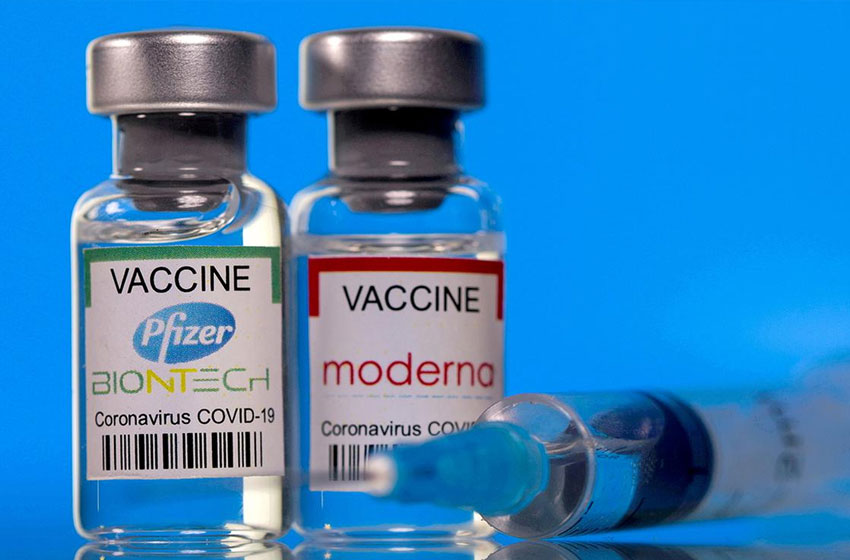
Why does vaccination carry lower risks than Covid-19?
Specific serious illnesses, medical complications and, in some instances, death can occur due to Covid-19; older adults and people who have been suffering from pre-existing medical conditions are also at a greater risk of becoming severely ill due to the virus.
Hence, if you put that into perspective, you would be able to see that there is much less risk of serious harm from the vaccines than the risk involved in contracting an infection.
Are Covid-19 vaccines appropriate for my religion?
The Covid-19 vaccines available and approved in Australia do not contain any egg or animal products; therefore, it is suitable for use by people of various faiths or religions.
Are Covid-19 vaccines available in my area?
Thanks to government initiatives, Covid-19 vaccines are free for everyone aged five and above; you can find and book a Covid-19 vaccine appointment through Vaccine Clinic Finder. Moreover, you can also call National Coronavirus Helpline on 1800 020 080 for further assistance.
You can also get help via a free telephone interpreter by calling 131 450. Then, ask the interpreter to connect to the National Coronavirus Helpline.

